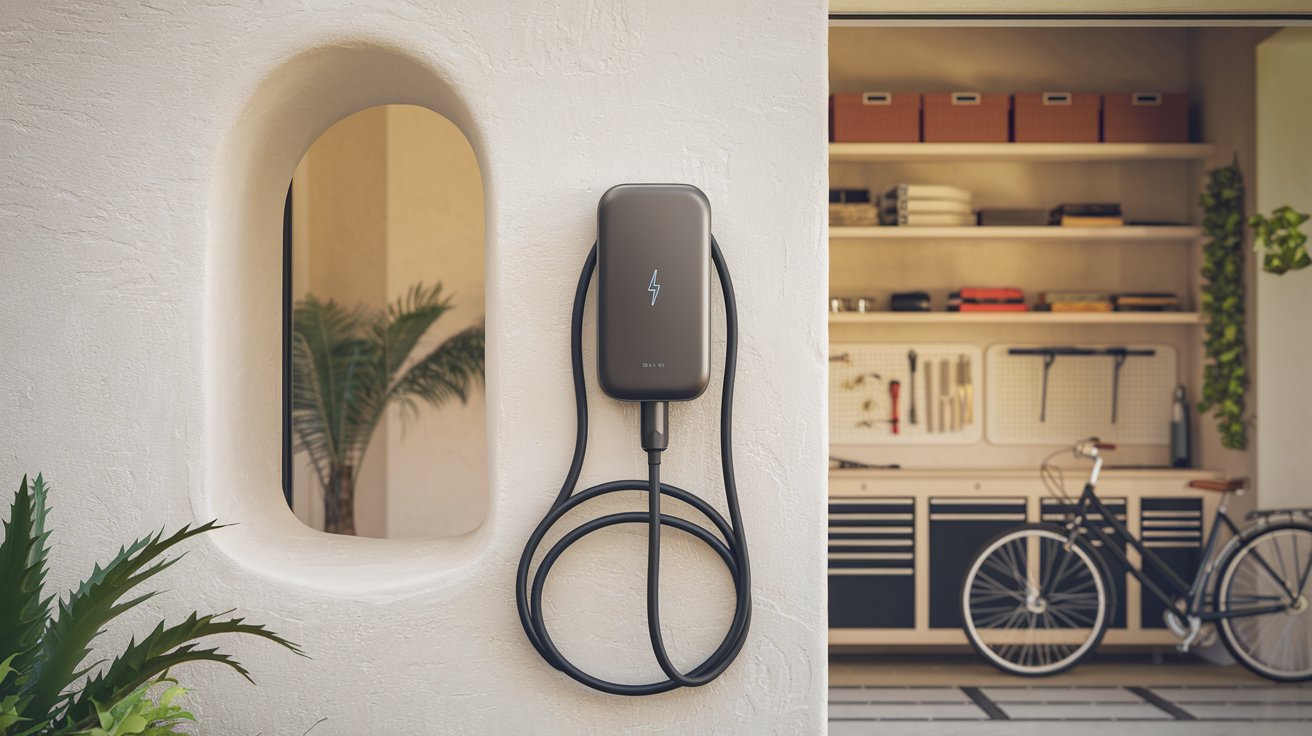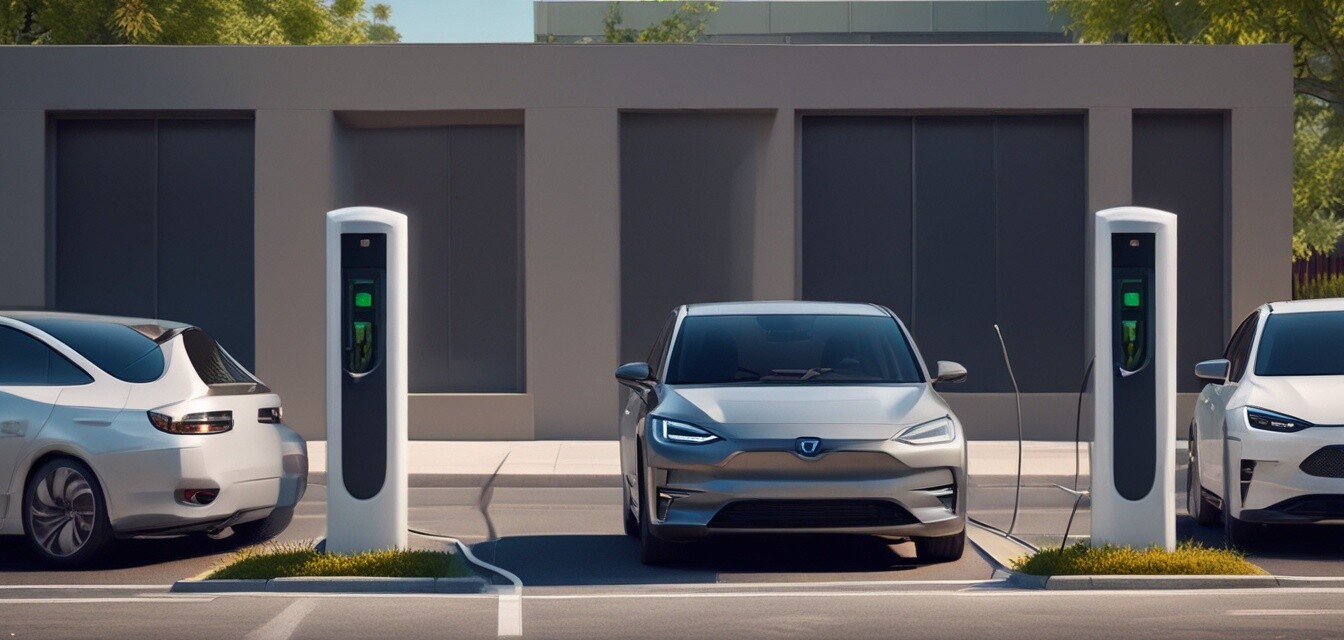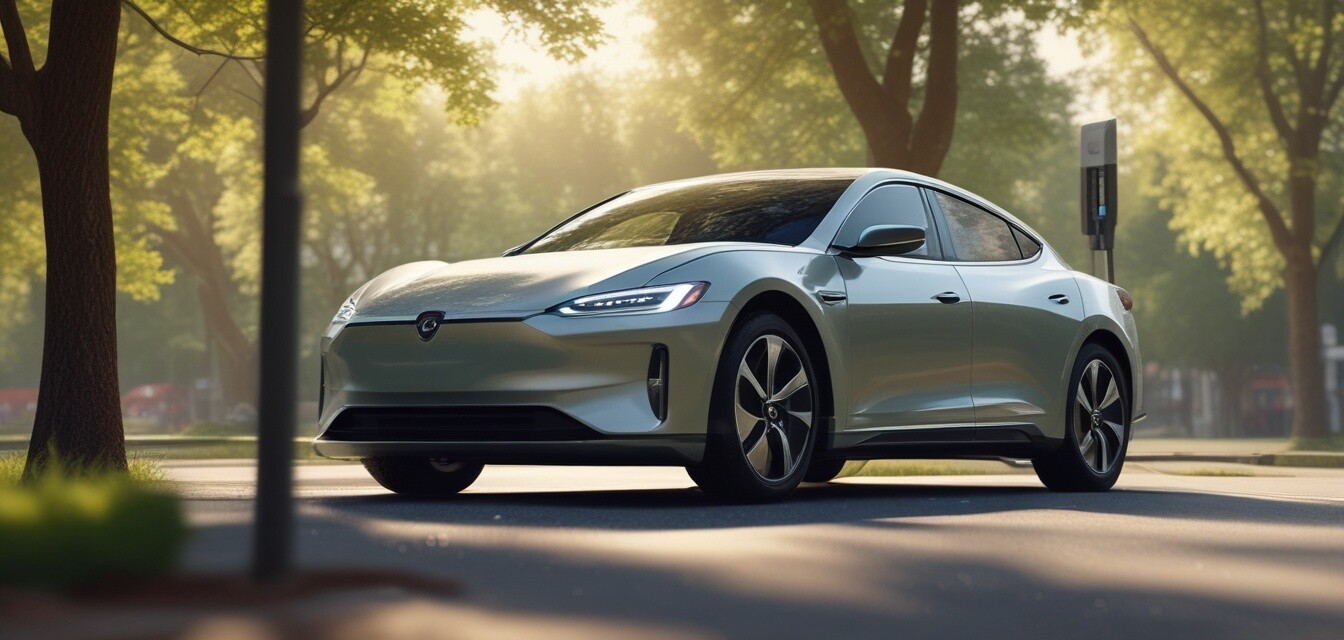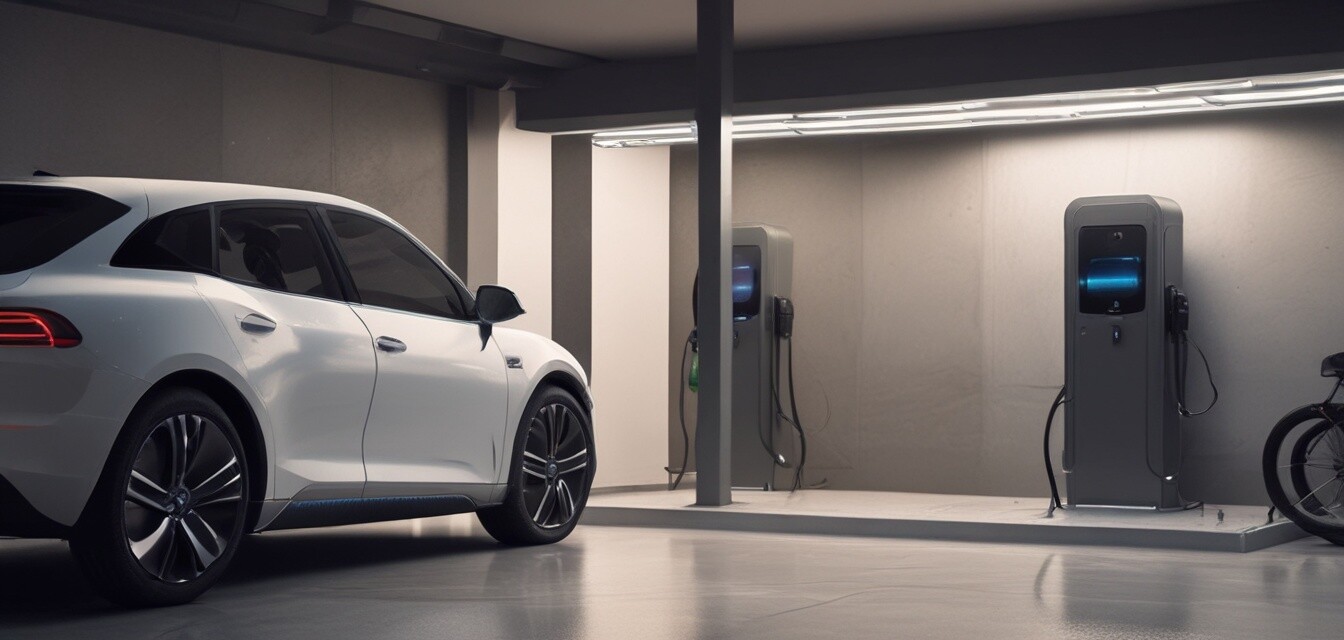
12 Electric Car Chargers to Keep You Charged and Ready
As electric vehicles (EVs) become more popular, having a reliable charger is essential for your convenience and peace of mind. Whether you are a new EV owner or looking to upgrade your charging solution, understanding the different types of electric car chargers available can help you make an informed decision. This guide will introduce you to some of the best electric car chargers on the market, ensuring you stay charged and ready for your journeys.
Introduction
In an era where sustainability is paramount and electric vehicles (EVs) are becoming mainstream, navigating the world of electric vehicle chargers is crucial. Whether you're a new EV owner or contemplating your purchase, understanding your charging options is essential for an optimal driving experience. This guide offers comprehensive insights into selecting the right electric vehicle charger tailored to your needs.
Understanding Electric Vehicle Chargers
The Importance of Home Charging
For every EV owner, ensuring a reliable charging solution at home is fundamental. Not only does it provide convenience, but a home charger can drastically cut your electricity costs compared to regular public charging. This guide will help you assess your options, ensuring you're well-prepared for the switch to electric.
Types of Electric Vehicle Chargers
Electric vehicle chargers fall into three primary categories:
Level 1 Chargers: These use standard 120-volt outlets, typically taking 8-12 hours to fully charge an EV. Ideal for overnight use.
Level 2 Chargers: Utilizing 240-volt power, these chargers provide faster charging—typically completing a full charge within 4-6 hours. Ideal for daily use.
DC Fast Chargers: Found mainly in commercial settings, these can charge an EV to 80% in under 30 minutes, making them perfect for long trips.
Key Features to Consider
Speed, Compatibility, and Smart Features
When selecting a charger, it's vital to assess not only its speed but also whether it’s compatible with your specific EV model. Additionally, many modern chargers boast smart features that enable you to control and monitor charging through your smartphone, providing convenience and energy management.
Cable Length and Plug Types
Pay attention to cable length and plug types, as these can significantly affect where you install your charger. Ensuring that your charger is compatible with your vehicle's charging port is essential.
Installation Insights
DIY vs. Professional Installation
Home installation of an EV charger can either be a DIY project or handled by a professional. While DIY installations can save money, professional installations are often recommended for ensuring safety and compliance with local codes.
Cost Overview
The cost of installation can vary widely, ranging from approximately $500 to $2,000. This figure accounts for the equipment and labor involved. Understanding these costs early on helps you budget properly for your EV charger.
Recommendations for the Best Chargers
Market Comparisons and Reviews
In 2023, several chargers stand out as top choices:
ChargePoint Home Flex: This versatile Level 2 charger allows for flexible charging options, adjusting to your needs.
JuiceBox 40: Offers rapid charging capabilities along with an intuitive companion app.
Tesla Wall Connector: Ideal for Tesla owners, ensuring compatibility and seamless integration.
Looking to the Future: Trends in EV Charging Technology
As the electric vehicle industry grows, keep an eye on advancements in charger technology. Innovations are leading to faster charging solutions, increased efficiency, and the integration of renewable energy sources, promising an exciting future for EV owners.
Conclusion
Selecting the right electric vehicle charger is essential for enhancing your experience as an EV owner. By understanding the various types of chargers, considering critical features, and keeping abreast of future technology, you can make an informed purchase that meets your charging needs.




